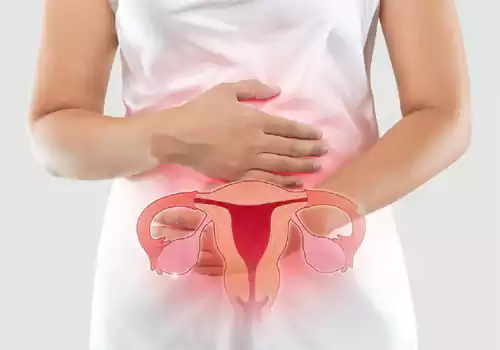Mouth and Pain

Oral pain comes in all shapes and forms. These could be symptoms to any bigger problem. Some of the most common types of mouth pain are listed below and all of them shout "It's time to see a Dentist".
Sensitive Teeth: Cavities, old fillings, gum disease, worn tooth root bones--all cause sensitivity. Overtime, the enamel on the teeth can break down, causing the inner nerves and cells to be exposed to hot, cold, acidic, sweet and sticky foods.
Sensitive teeth can be treated depending on the cause. Starting with a desensitizing tooth paste to grafting gums, the Dentist is best at helping one cope with the pain and slowly come out of the problem.
Old Fillings: If in the past, one has had tooth cavities filled up, overtime, they wear down and causing the cavities to be painful and sensitive. If avoided, food deposit in those cavities can force infection. In some instances, a root canal may be necessary to stop the severe and persistent pain.
Sore Gums: Brushing too hard, using a hard bristled tooth brush, flossing wrongly or starting to floss newly can lead to sore, bleeding gums. This usually goes away on its own. But using a soft tooth brush and not brushing too hard helps not repeat the problem. Massaging the gums with the index finder is a better alternative. If the gums continue to bleed, consult the Dentist. Even a frequently occurring sore mouth can indicate a problem. Usually sore mouth occurs after a gum surgery, when new braces or dentures are fixed. But let the Dentist tell us it is so.
Jaw Pain: Many adults suffer from chronic jaw pain. When biting or chewing, suddenly the jaw gets stuck and they can't easily close the mouth. Ear pain and headaches are side affects too. Possible causes are teeth grinding habit, toothache, gingivitis, or a wrongly placed jaw. They control the lower jaw as it moves forward, backward and side to side. Any problem that prevents this complex system of muscles, ligaments, discs and bones from working properly needs to be diagnosed by a Dentist or a Physician. They may suggest a night guard or mouth guard when one sleeps.
Remember, Dentistry is more advanced now. Every treatment is not as painful as it used to be. Keep your fear aside and visit a friendly dentist if any symptoms noticed.




.webp)